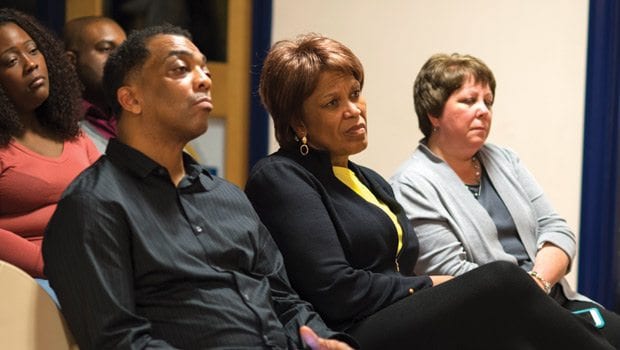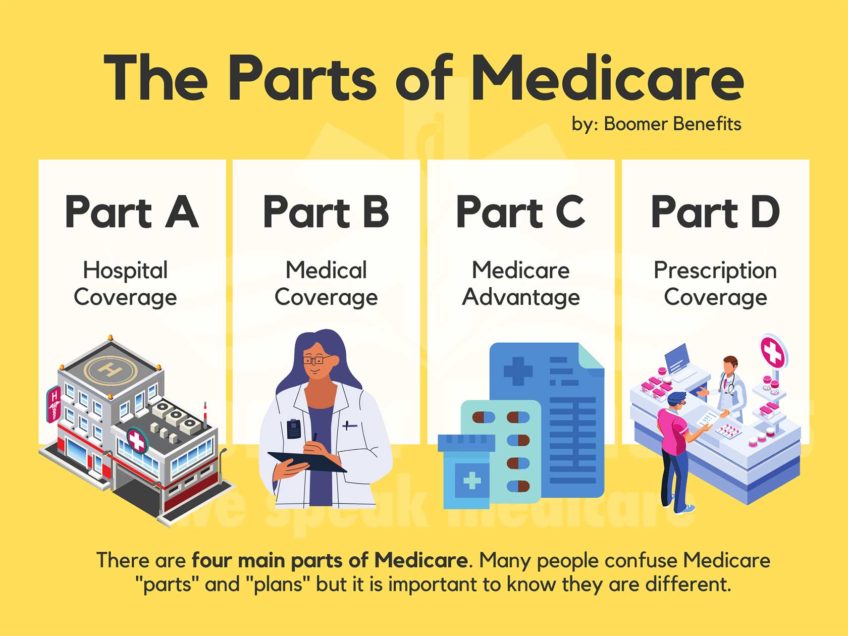A community approach to healing: The Cory Johnson Center for post-traumatic healing
Health Advertorial

On the morning of April 24, 2009, Shondell Davis watched her 18-year-old son walk out the front door on his way to a friend’s house. Less than 15 minutes later, as she was driving to work, she got a call telling her that her son had been shot. He was the second teen from their street murdered in the space of two weeks.

A participant shares her story.
If you go
The next CAN WE TALK? Community conversation on trauma is on Thursday, Jan. 26 at 6 pm. All programming of The Cory Johnson Center for Post-Traumatic Healing takes place on the lower level of Roxbury Presbyterian Church, 328 Warren St., Roxbury. For more information call 617-445-2116 or contact colleensharka@rpcsic.org or visit rpcsic.org.
“When your child is killed in your community, in the place you grew up, you not only lose your child, you lose trust in everything around you, in everything you’ve known,” Davis said in a recent interview. In the immediate aftermath of the murder, many of the places Shondell turned to for help ended up accidentally traumatizing her further. “At the very time you need help the most, it’s the hardest to find anyone you feel can listen to you and not judge you.”
Two years ago that began to change when Shondell went to a Thursday night event at Roxbury Presbyterian Church called “CAN WE TALK? A community conversation on trauma.” “It was a place to let the feelings out — you can truly say whatever is on your heart, and yet there is no pressure.” Each evening starts with dinner and childcare is always provided, which was key to the sense of comfort for Shondell. “A lot of the time, I listened to other people’s stories — it helps you realize you are not alone and you know you are helping them by being there.”
“CAN WE TALK?” is just one of the programs of The Cory Johnson Center for Post-Traumatic Healing which was started through a partnership between Roxbury Presbyterian Church and Partners Health Care. Soon after, Shondell began attending a weekly support group for mothers that is run by Program Director, Colleen Sharka, LMHC. “This place is amazing; I finally got comfort,” says Davis of her involvement. “Thank you is not a big enough word to describe how much this program has helped me!”
Trauma support programming is provided every Thursday night’, beginning with dinner at 6 p.m. and programming at 6:45. A men’s support group, “Mind-Body Healing,” with wellness specialist Leslie Salmon Jones, and “Writing Our Stories,” which uses journaling as a way of healing, are among the offerings.
The Cory Johnson Center for Post-Traumatic Healing is supported by a growing body of research which suggests that community members who receive some training are able to provide effective mental health support to neighbors in need. “The training is what really did it for me,” says Community Companion Hope Whyte. “When we started learning more about trauma and its impacts, I was hooked. I knew we were really on to something amazing — learning how to help ourselves and others at the same time.” Community Companions serve as a leadership group for the center and are able to provide responsive, wide-ranging support to those who need it. Since the program began, more than 1,200 residents have participated.
“The fact that we are doing this program within the community and involving community members in co-creating it, really sets it apart,” says Program Director Colleen Sharka. “Providing a safe space, support and relationships that are consistent week to week is essential to the healing process. We also try to respond to specific needs, such as supporting people when they have a court date, or finding a crib for a grandmother who becomes guardian for a baby.” Pastor of Roxbury Presbyterian Church Liz Walker adds, “The most rewarding part of the program for me, is the idea that the community plays such an active role in learning how to heal.”


![Banner [Virtual] Art Gallery](https://baystatebanner.com/wp-content/uploads/2024/04/Cagen-Luse_Men-at-store-e1713991226112-150x150.jpg)



